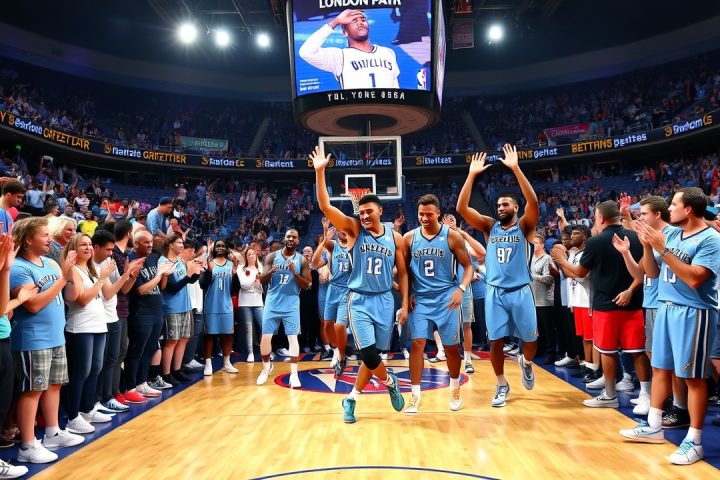The Passion of Football Fans
In the world of football, the passions of fans often lead to uniquely inconsistent viewpoints, especially when it comes to player transfers. One current buzz on social media revolves around the hashtag #FreeWissa—though if you explore it, you might find it’s not an exhilarating tide of Newcastle United supporters demanding the release of Yoane Wissa from Brentford, but largely a collection of bots and rival fans stirring the pot. This trend brings attention to an intriguing scenario unfolding in the northeast of England.
Player Transfers and Club Dynamics
Recently, Wissa skipped Brentford’s training camp in Portugal, seemingly attempting to negotiate a move to Newcastle, while Alexander Isak, another player with transfer aspirations, is back in the Basque Country training at Real Sociedad. Unlike Wissa, Isak’s desire is to leave Newcastle for Liverpool, creating a situation where both players are caught in a tug-of-war, unwilling to commit fully to their current clubs.
This scenario feels reminiscent of Cold War-era prisoner exchanges, with players metaphorically positioned at opposite ends of a bridge, anxious to make the leap yet stalled until given the official go-ahead. It illustrates a perplexing double standard: a club benefitting from a player’s aggressive push for a transfer while simultaneously suffering from another’s similar tactics.
The Duality of Fan Reactions
Supporters of Newcastle United might take special notice of this duality; they occupy a place in football’s hierarchy that isn’t at the very top, which means moments like these are likely to arise. There’s an inherent justification from some fans for one player’s actions while others leap to defend contrasting views, creating a divisive but familiar dynamic in football culture.
This isn’t just a Newcastle issue; clubs across the league have grappled with similar dilemmas. Take Nottingham Forest, which faced backlash over Morgan Gibbs-White’s supposed release clause talks, yet would surely welcome similar aggressive strategies if it meant securing a vital replacement. In the same vein, Trent Alexander-Arnold came under fire for leaving Liverpool to join Real Madrid on a free transfer after running down his contract—an act that would nonetheless benefit Newcastle should Isak’s plans come to fruition.
The Nature of Fandom
Consider the hypothetical situation of Bukayo Saka attempting to quit Arsenal. Would fans still cling to their righteous indignation if it hid a potential future signing for their team? This behavior is not exclusive to football; it’s a reality across all sports fandom where hypocrisy often reigns. The joy that comes from benefitting from dubious methods can eclipse the outrage when faced with the same tactics used against their club.
In truth, much of football fandom operates on emotion rather than logic. Fans revel in the trials and tribulations of their club, often losing sight of broader narratives or equity in football. The nature of fandom allows one to express passion unfiltered by logical consistency, as evidenced by reactions to controversial refereeing calls, which don’t always reflect the difficult role officials play.
While some individuals are true enthusiasts of football as a whole, devouring Bundesliga, La Liga, and Premier League games, the average supporter gravitates towards the singular experience of their club. This tribalism, though messy, can be beneficial to the emotional landscape of fans. Hypocrisy, in this light, can be seen not only as excusable but also as a healthy outlet for the intense emotions tied to the sport.
Conclusion
As we witness the peculiar situations involving Wissa and Isak, it’s clear these situations will resolve themselves in time. Meanwhile, fans should refrain from expecting rational consistency, embracing the beautiful contradictions that come along with their unwavering love for the game.




